Description
Phosphino carboxylic acid, abbreviated PCA, is an organic chemical compound. It is formed by binding phosphonic groups to the carboxylic group.
PCA is an excellent diffuser for calcium carbonate and calcium phosphate deposits in circulating cooling systems. This material has good anti-fouling properties on barium sulfate, strontium sulfate, and silica deposits.
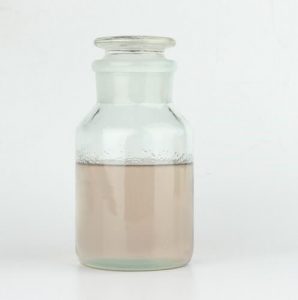
Physical and Chemical Properties:
Phosphino carboxylic acid, abbreviated PCA, is an organic chemical compound with the chemical formula CH3O2P. It is a colorless, clear liquid with a slight odor. The pH of this material is in the range of 3 to 3.5. This substance has special properties, it dissolves completely in water and improves water quality, therefore it is known as one of the chemical products used in the water treatment industry.
The most important physical and chemical properties of this compound can be summarized in the following table:
| Chemical formula | CH3O2P |
| Molecular Weight(g/mol) | 78.007 |
| Appearance | colorless liquid |
| odor | slight odor |
| pH (1% Solution at 25° C) | 3 to 3.5 |
| Density (g/cm3) | 1.20 |
| Water Solubility | Completely soluble in water |
| Other names | phosphanylformic acid, Phosphanecarboxylic acid |
Applications and Uses of Phosphino Carboxylic Acid:
- PCA can be used as anti-fouling and anti-corrosion in water circulation cooling systems and oil extraction systems by water.
- As an inhibitor of sediments such as calcium carbonate, calcium sulfate, and barium sulfate.
- Calcium carbonate is one of the most important materials used in the ceramic industry. Therefore, the use of PCA as a dispersant in the ceramic industry can disperse CaCO3. Therefore, CaCO3 deposition can be controlled and properties can be improved.
- Phosphinocarboxylic acid acts in the pulp and paper industry like phosphonates and acrylates. This product is stable in alkaline conditions and can control CaCo3 and CaSO4 deposits.
- Some impurities such as CaCO3 and CaSO4 in the boiler system can cause fouling and eventually damage the boilers. Therefore, this product is used as a dispersing agent, preventing fouling and improving the life of boilers.
- Due to its special properties, neutrality, and reasonable price, barium sulfate is widely used in the oil and gas drilling industry. It is one of the vital minerals in the oil drilling industry. By adding this product, it can act as a sediment inhibitor in a deposition for BaSO4 and SrSO4.
Phosphino Carboxylic Acid in Cold Water Systems:
In a cold water system, polycarboxylic acid retains its heat transfer properties and acts as a corrosion inhibitor. By inhibiting ZnSO4 or copolymer with this product, the inhibitory effect of PCA can be improved. In a cold water system, the possibility of calcium carbonate formation at high pH increases. Therefore, in alkaline conditions, by adding this product, the problem of calcium carbonate formation can be solved.

Industrial wastewater contains impurities that can harm the environment. By recycling these impurities, you can help nature or reduce costs. However, the use of small amounts of PCA is equivalent to HEDP and is superior to polyacrylate.
Safety Information:
This material has corrosive properties and its contact with metal surfaces can cause corrosion of these surfaces. Also, when working with this material, safety must be fully observed.
First-aid measures:
- Skin Contact: Immediately flush skin with water.
- Inhalation: move the person to the fresh air.
- Eye Contact: Rinse eyes with water for at least 15-20 minutes.
- Ingestion: Do not induce vomiting. Get medical aid immediately. Call a poison control center.
Packing and Storage:
Store in a cool, dry, well-ventilated area, between 10°C and 49°C. Keep containers tightly closed when not in use and follow all recommended safety precautions when handling the material. Keep out of the sun and away from heat or open flame. Keep away from incompatible materials.

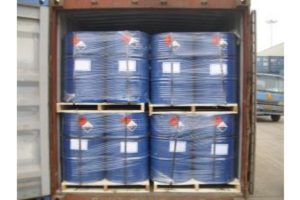
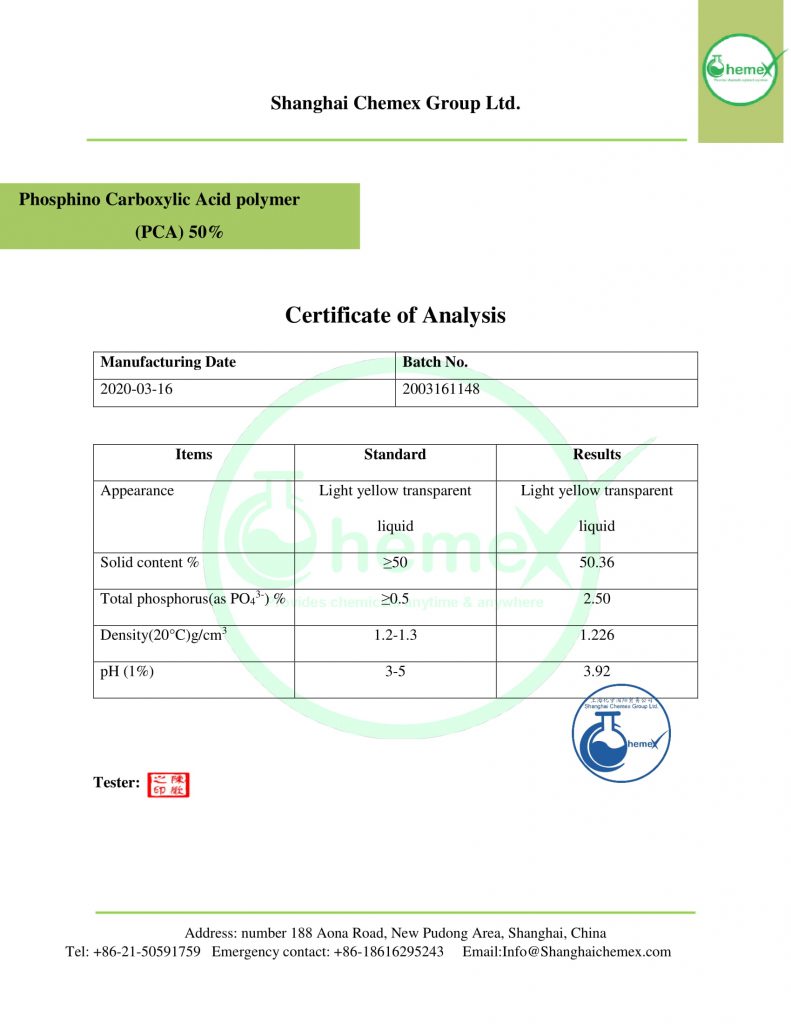
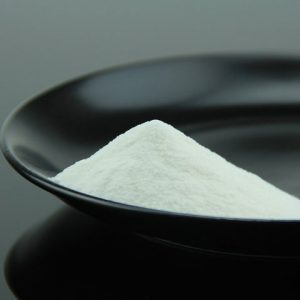
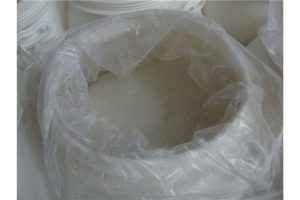
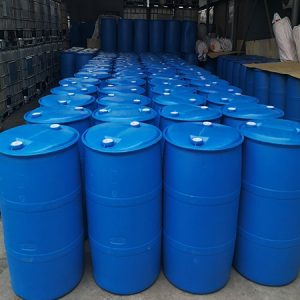
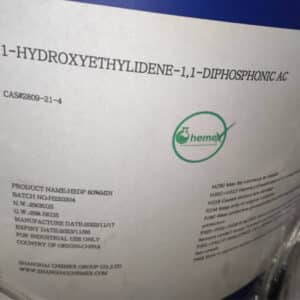
Reviews
There are no reviews yet.